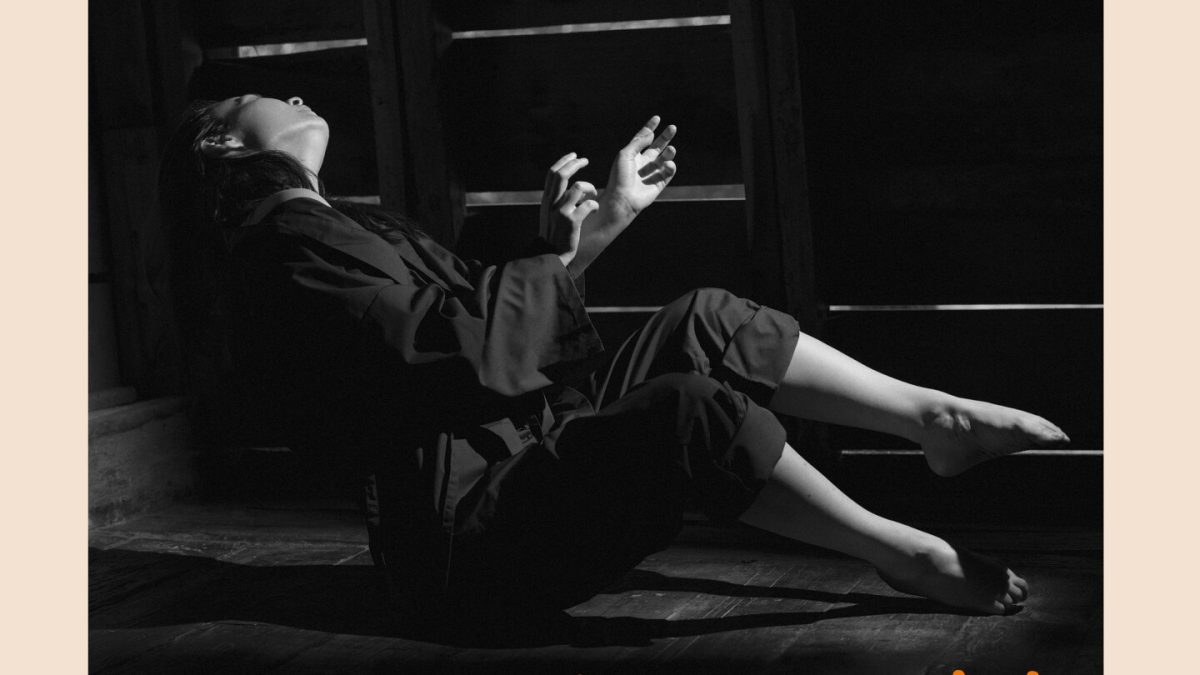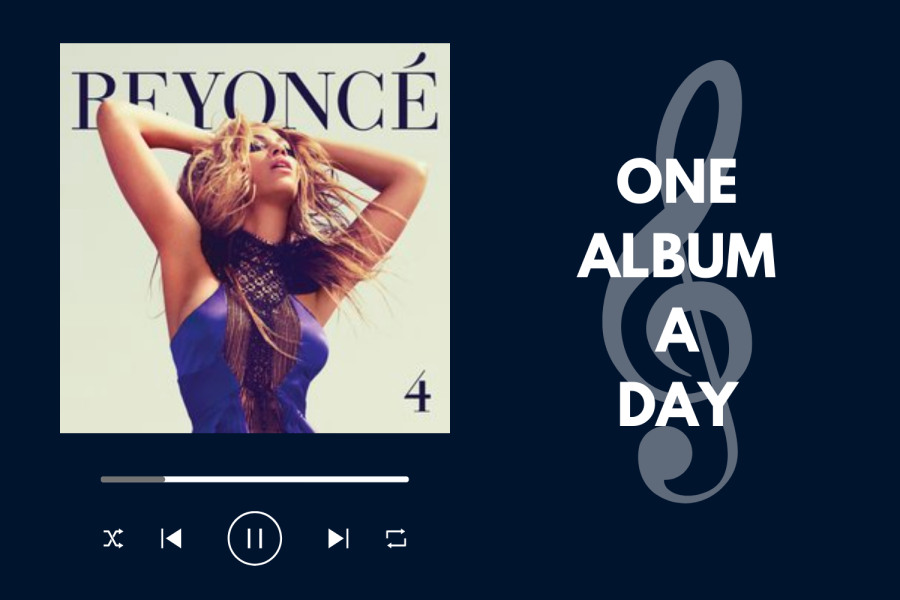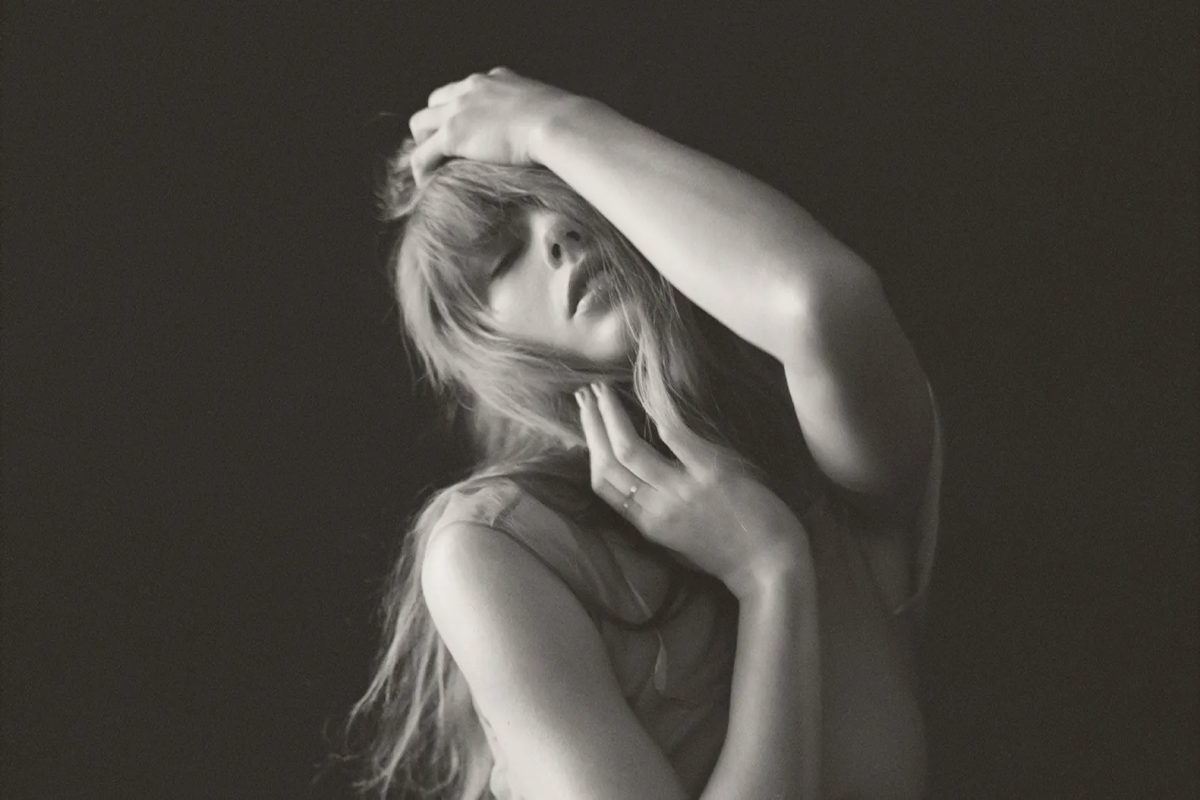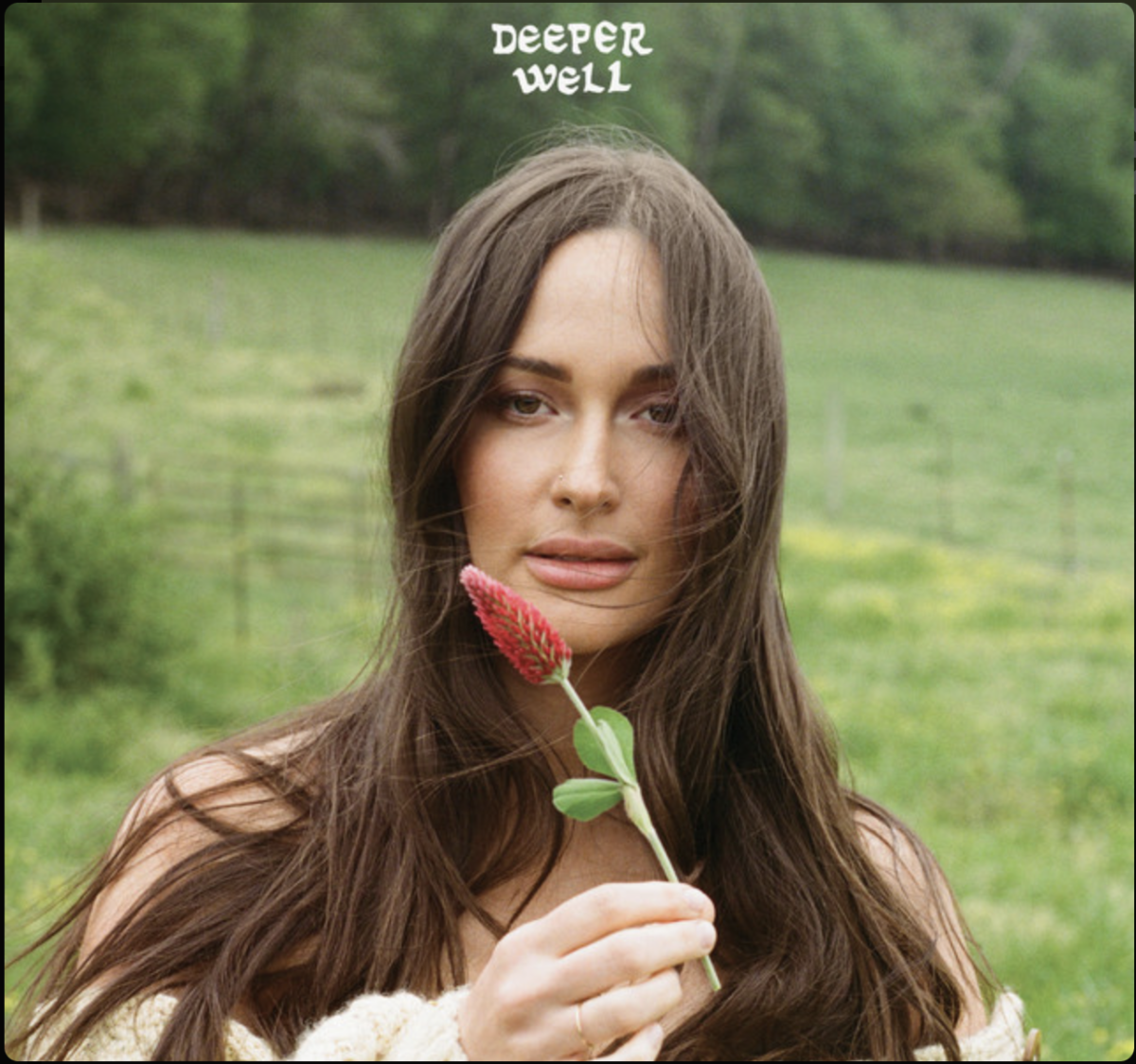Most indie music enthusiasts have heard of Mitski, a music student-turned-star who captures listeners through her gut-punching lyricism and unique musical sound. She already has several critically acclaimed albums including “Lush” and “Retired from Sad, New Career in Business,” both produced during Mitski’s senior year of college, and 2022’s “Laurel Hell,” which included her first single to hit number one on the charts, “The Only Heartbreaker.” Now, Mitski brings us her seventh studio album, “The Land is Inhospitable and So Are We,” with no disappointments in tow.
Many of Mitski’s fans, myself included, were not expecting another album; “Laurel Hell” had come as a shock after she announced her plans to possibly retire from music. Receiving another album after only a year and a half seemed like too much to wish for. However, her fans were very pleased on July 23 when she announced the album. The lead single, “Bug Like an Angel,” was released on July 26 and two more singles, “Star” and “Heaven,” were released simultaneously on Aug. 23. The singles provided an accurate preview of the tone and sound of the album, cementing it as a new facet of Mitski’s music while still retaining the aspects that make her music so beloved and beautiful. It was clear from the singles that this album would be another stop on the emotional journey of her discography; a stop that is a bit warmer and softer than the ones before it.
“Bug Like an Angel,” in addition to being the lead single, also serves as the album’s opening track. It starts off with simple instrumentals and a story-like verse. In it, the narrator talks about a “bug like an angel” in the bottom of a glass, which introduces a juxtaposition between worldly ugliness and divinity that Mitski plays with throughout the song. Themes of alcoholism and broken promises are also referenced, creating lyricism that causes listeners to reflect. Along with the stripped-down verses, a church choir is featured in the track, bringing religious references and also creating a sonic contrast with the lyrics, making the song eye-widening in the best way upon first listen.
“Buffalo Replaced” shifts the somber tone of the first track to a beat that is more recognizable as a Western sound. Its lyrics paint a hopeful picture for its narrator, who claims “Mosquitoes can enjoy me, I can’t go inside” due to their need to take in the full moon and the open air that the song is seemingly set in. It creates an image of a quiet, country life out on the plains where one has the space to breathe and take in the world around them and the peaceful hopefulness that can accompany that action.
“Heaven” is a love song, and the instrumental opening makes that clear. With some jazzy undertones, the song is perfect for a private slow dance in a secluded corner of the world. It’s about escaping from the world, and even though the described relationship is far from perfect, getting lost in it for a moment is the perfect escape. A gorgeous orchestral outro provides even more reason to want the moment to linger just a bit longer. I’m a romantic at heart and an orchestra enthusiast, so “Heaven” may just be my favorite track on the album.
“I Don’t Like My Mind” is an angry admittance of inner conflict. There is no build-in to the point of the song; from the start, the narrator is telling the listener about how they are failing to cope with their regrets. It’s a plea for help through a confession of struggle. The song takes the listener on a journey through the cycle of self-destruction that often accompanies the hardships of living with your own regrets. It’s a track full of desperation that many, including myself, can empathize with, especially as young college students who are learning as we live.
“The Deal” tells the story of giving your soul to the devil in exchange for a request. In this song, the narrator simply just wants to be freed from their soul because they “can’t bear to keep it.” It’s a desperate wish for someone to come rid them of their pain, even if it costs them their goodness, too. Even when “the deal” is made, the narrator still finds themself drowned out by a loud crescendo of pounding drums, representing the idea that if you don’t face your feelings, they’ll still find ways to follow you.
“When Memories Snow” uses the metaphor of memories as snow that the narrator must try to shovel past to go about their day. Still, as a proper Midwesterner like myself knows, shoveling is no easy task and only gets you so far. Those memories, like the snow, still keep coming down. Even when melted, memories are still heard and seen all around you, just in a different form. The song starts off with a simple, looming instrumental before going into a rock beat complete with drums, horns and an organ in the musical mix. It’s a quick track, not even two minutes long, but an incredibly impactful one.
“My Love Mine All Mine” is another song with a romantic, intimate vibe to it. The nostalgic instrumentation brings me back to a 1950s prom slow dance: a moment I’ve never experienced but can imagine with this song. The lyrics, however, do not point the love toward any person; instead, the narrator is singing about how their love is their only possession (and yet that’s all they really need). It’s a simple song that provides a calming interlude from the desperation present on other tracks of the album.
“The Frost” has a Western sound to it that is calm and inviting. The lyrics, on the other hand, bring on a sense of loneliness that Mitski is known for conveying well. The song has similar themes as “Francis Forever” and “Nobody” from the albums “Bury Me at Makeout Creek” and “Be the Cowboy,” respectively. All of these songs focus on the idea of being alone with no one to talk to or witness you. It’s a sad song about being the last one left behind, yet it brings a sort of solace to that fact as well; the narrator must simply accept their solitude.
“Star” is a reflection on a past relationship that, just like a dead star, still shines its light for us to see from our vantage point. The song starts out very slow and limited, but it reaches an apex as Mitski sings the chorus for the last time. It’s clear that these two people still care about each other even though the love is no longer there. To the narrator, reminiscing on it is better than forgetting it ever happened.
“I’m Your Man” has the same Western sound to it as some of the previous tracks with a strong guitar strum that acts as the heartbeat of the song, but it takes on a darker tone in its bitterness. That bitterness is pointed most toward the narrator, who is aware of their destructive nature in the relationship. The line “You believe me like a god / I destroy you like I am” brings in the religious references throughout the album and also paints the picture of the toxicity in the relationship on both sides. When Mitski stops singing, the song goes on with the same forceful guitar strum and the sounds of dogs barking — which was very confusing for me when I listened to this on my morning run. The chaotic atmosphere created by that feature makes this a perfectly emotional and powerful penultimate track.
“I Love Me After You” ends the album on a note that reminds me of coming to terms with the emotional adventure this album just took you on. It acknowledges the self-criticism that the album’s narrator, most likely representative of Mitski herself, has gone through. The album ends with a powerful instrumental apex that fades into the sounds of someone packing up and leaving, which could represent the listener leaving the album’s atmosphere and moving back to the present. This ending song provides a sense of hope for the future; Mitski declares herself “King of all the land,” and even if that land is “inhospitable” according to the album’s title, it’s still hers.
With 11 songs and clocking in at just over 32 minutes, “The Land is Inhospitable and So Are We” is a perfect length to lose yourself for a moment and breathe before being thrown back into the hustle and struggle of your student life. It’s lonely and warm at the same time, like taking a walk late in the autumn night with a blanket wrapped around you and a cup of tea in your hand. The album fits Mitski’s signature style while still showing us a new side to her music; the land may be “Inhospitable,” but the music creates a space that just for a moment feels like home.







